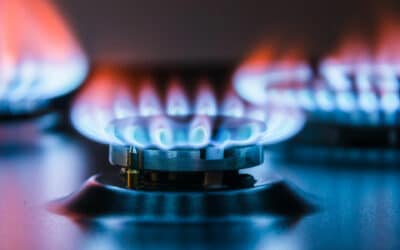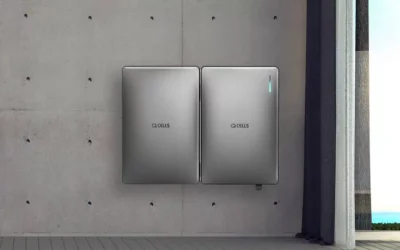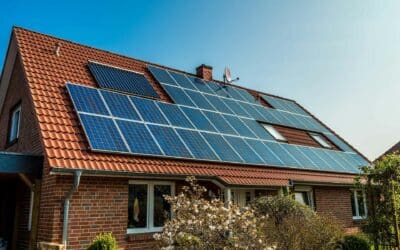Exploring the Benefits of Heat Pumps
Heat pumps are becoming increasingly popular as an efficient and cost-effective source of heating and cooling for homes and businesses. But what exactly is a heat pump, and how does it work? In this blog post, we will explore the basics of heat pumps, including how they function and why they are such a great choice for those looking to upgrade their home’s climate control systems.
What Is a Heat Pump?
A heat pump is a device that transfers thermal energy from one location to another. It works by using electricity to move thermal energy from one place to another, either from outdoors into your living space or vice versa. This type of system can be used for both heating and cooling your home.
How Does a Heat Pump Work?
Heat pumps use electricity to transfer heat between two areas with different temperatures. A typical heat pump system consists of two parts: An outdoor compressor/condenser unit and an indoor air handler. The compressor compresses refrigerant gas so that it can absorb heat from the air outside and then transfer it inside your home or business. The air handler circulates the heated (or cooled) air throughout the building via ductwork, vents, or other means.
Heat pumps are very efficient because they don’t actually generate any heat themselves; instead, they just transfer existing thermal energy from one place to another. This means that you don’t have to worry about burning fuel or creating waste in order to maintain comfortable temperatures inside your home or business. Additionally, some models even have built-in dehumidifiers which help keep your indoor air quality high while also reducing energy costs by turning off when humidity levels drop below a certain point.
Why Use Heat Pumps?
Heat pumps offer several advantages over traditional HVAC systems like furnaces and boilers. For starters, they are much more efficient since they don’t create any additional waste or require additional fuel sources like natural gas or oil in order to operate. Additionally, heat pumps tend to last longer than traditional HVAC systems since they don’t experience as much wear-and-tear due to the lack of moving parts in their design—resulting in fewer repairs over time as well as lower maintenance costs overall. Finally, many modern models come with advanced features like zoned temperature control which allow you to customize the temperature in certain areas of your home according to preference without wasting energy on unoccupied spaces throughout the day/night cycle.
Overall, heat pumps provide an environmentally friendly solution for keeping your home at comfortable temperatures all year round without having to rely on expensive fuels or creating excess waste during operation . Whether you’re looking for an upgrade from an existing HVAC system or want something more efficient than traditional methods, investing in a quality heat pump is definitely worth considering! Not only will you save money on utility bills but you’ll also help reduce your carbon footprint while improving indoor air quality at the same time!
Related Articles
Related
What is the UK government doing about gas and electricity prices?
The cost of energy is a major concern for households in the United Kingdom, and the government is taking steps to help reduce the cost of gas and electricity. One of the key ways in which the government is addressing this issue is through the creation of an energy...
An Introduction to Solar Batteries for Beginners
Have you ever considered adding solar power to your home or business? Solar batteries are a great way to store the energy created by solar panels, so you can use it when the sun isn’t shining. In this blog post, we’ll discuss the basics of solar batteries and how they...
How Many Solar Panels Does It Take to Power a Typical House?
Installing solar panels on your home is an increasingly popular way to reduce your energy bills, reduce your carbon footprint, and make use of the naturally occurring energy from the sun. But how many solar panels are needed to power a typical house? Let’s break down...



